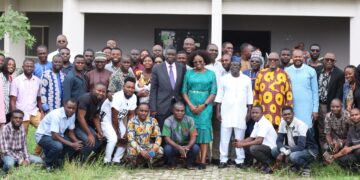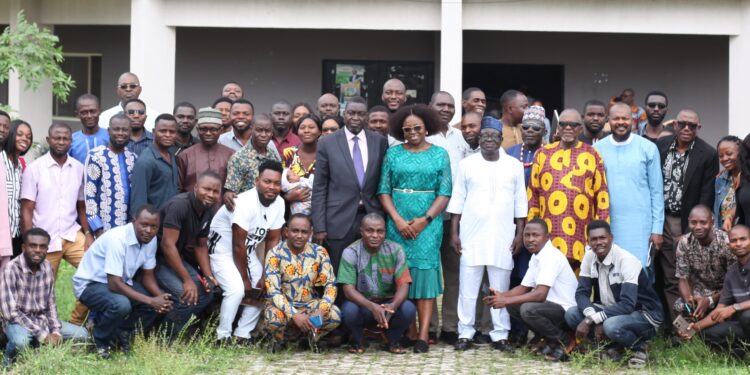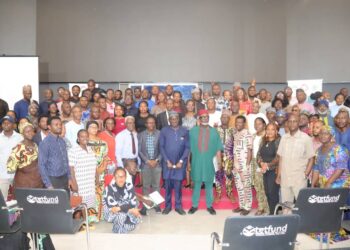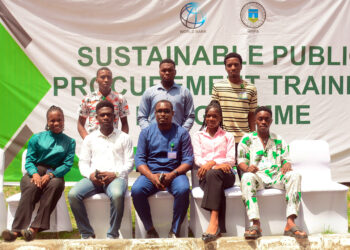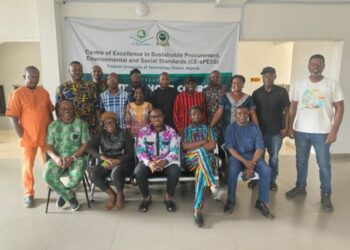By Uche Michael Aondohemba
The Centre for Innovation in Procurement, Environmental and Social Standards (CIPESS) of the Joseph Sarwuan Tarka University, Makurdi (JOSTUM) has been impacting and transforming the lives of its various stakeholders within the North Central region of Nigeria, the Monitoring and Evaluation Officer of the programme, Professor Simon Shomkegh has revealed.
Professor Shomkegh while delivering a lecture on the capacity-building strides of the Centre in North Central Nigeria during the Fourth Cycle of Stakeholders Engagement Meeting held recently in Makurdi asserted that CIPESS has achieved this feat through its human capacity-building agenda.
The Monitoring and Evaluation Officer noted that the repeated calls by various organisations to train their staff, secondments, and appointment of CIPESS trainees into key offices in government and sister agencies are some of the proofs of his assertion.
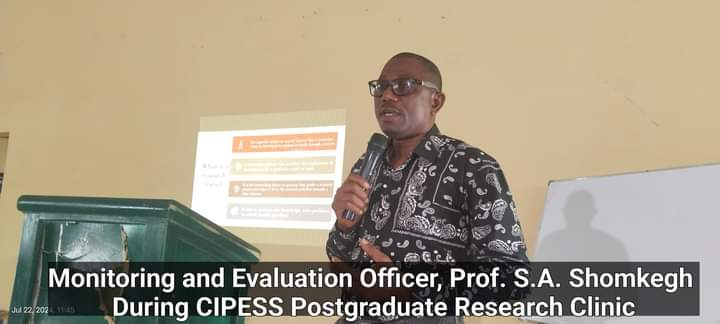
Professor Shomkegh therefore insisted that stakeholders had the responsibility of supporting CIPESS JOSTUM Curriculum Review and delivery, visibility of SPESSE programmes, and sponsorship of students’ research targeted at solving industry problems. He also urged them on the continous hosting of SPESSE students on internship programmes as well as supporting the sustainability of the SPESSE programmes.
According to him, the Centre in its quest to surpass set targets will continue to aggressively deliver the SPESSE Tracks to public and private sector practitioners, train staff of partner organisations and stakeholders, strengthen partnerships with relevant organisations, and increase the visibility of SPESSE project results and outcomes.
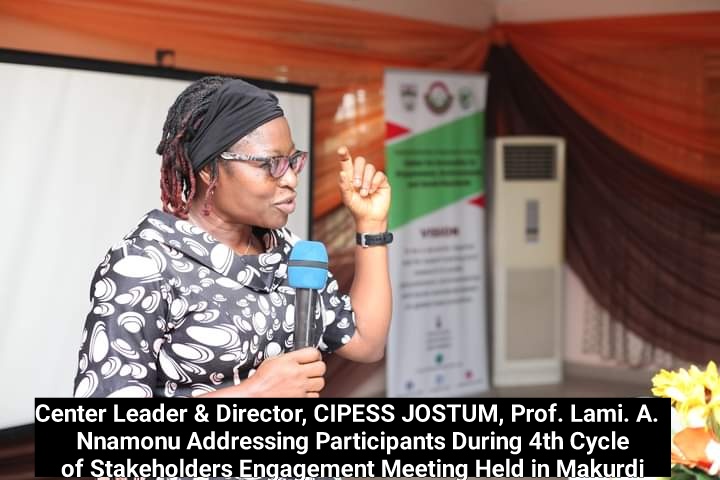
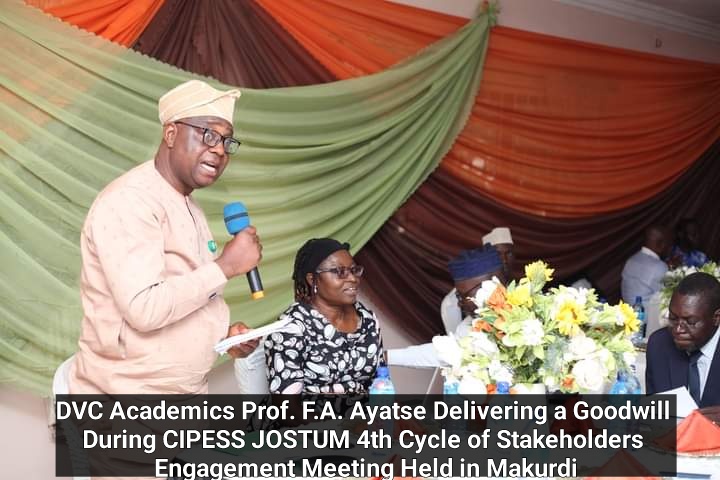
The Centre Director Professor Lami A. Nnamonu while reiterating the point stated that stakeholders were the bridge between the project and industries, hence, the need to regularly update them on the progress and successes recorded at the Centre.
Professor Nnamonu who scored the Centre high in the area of stakeholders’ engagement activities asserted that the meeting was aimed at providing a clear insight on the core objective of the SPESSE project. She encouraged participants to be open-minded in discussions that will mutually benefit both the Centre and its stakeholders.
The Deputy Centre Leader, Procurement Standards Professor S.T. Kpelai, in his presentation on the Sustainability Plan of the Centre explained that the objective of the project was to promote adequate theoretical and practical skills and close the knowledge gaps in procurement, environmental and social standards as well as equip academics and practitioners for effective teaching, managerial and operational responsibilities. He explained that to effectively sustain the project, community, financial, and organisational sustainability strategies were to be implored. He charged the stakeholders to remain committed to contributing their bits to the survival of the project.
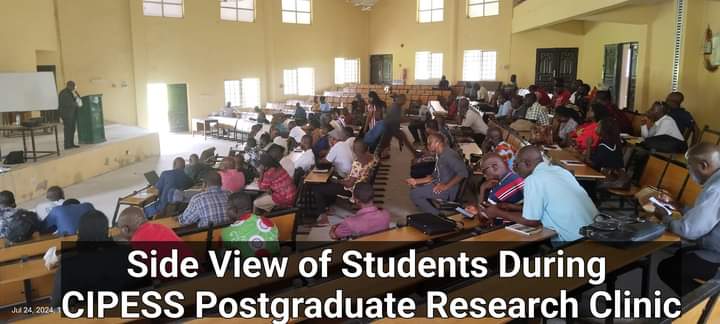
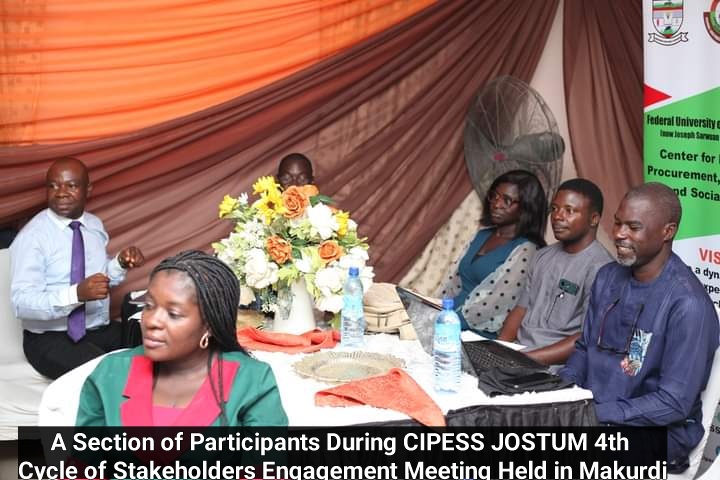
Presentations from Dr Simon Tyoakosu, Dr Sylvester Tongu, and Dr Victor Otene on the “Research Thrust” of procurement, environmental, and social standards respectively provided clear insights into viable areas of research in the respective fields. The presenters collectively encouraged the stakeholders to objectively identify other human interest areas worthy of research in a bid to proffer solutions to some of the challenges bedeviling society.
Earlier, the Vice Chancellor, JOSTUM, Engr Professor Isaac N. Itodo commended the Centre Management team led by Professor L.A. Nnamonu for making the University proud through coordinated efforts in executing the SPESSE project. The Vice-Chancellor who was represented by the Deputy Vice-Chancellor Academic, Professor F.A. Ayatse announced that, as part of the sustainability plans, the Governing Council of the University has approved the conversion of CIPESS to an Institute of Procurement, Environmental and Social Standards (IPESS). He strongly reaffirmed the University management’s commitment to Centre’s success.
